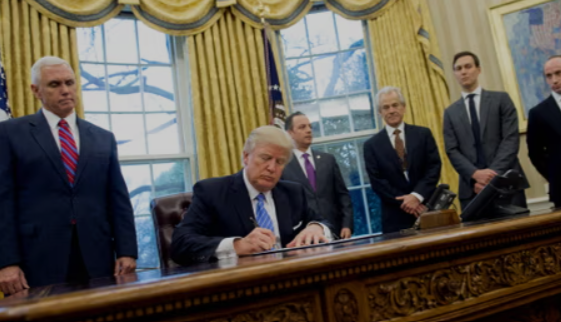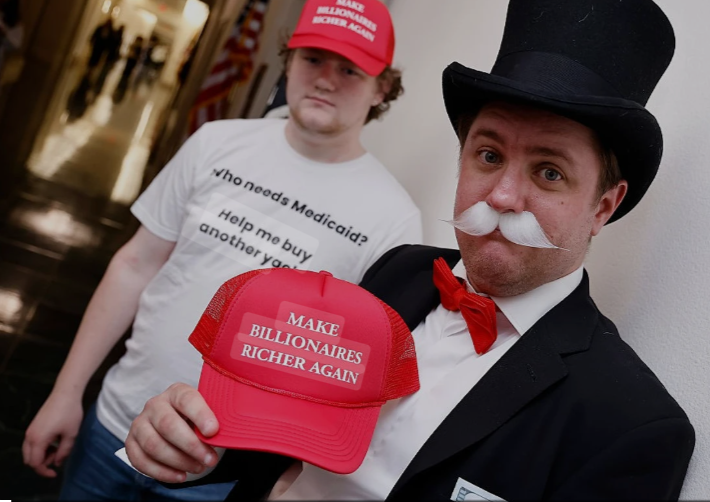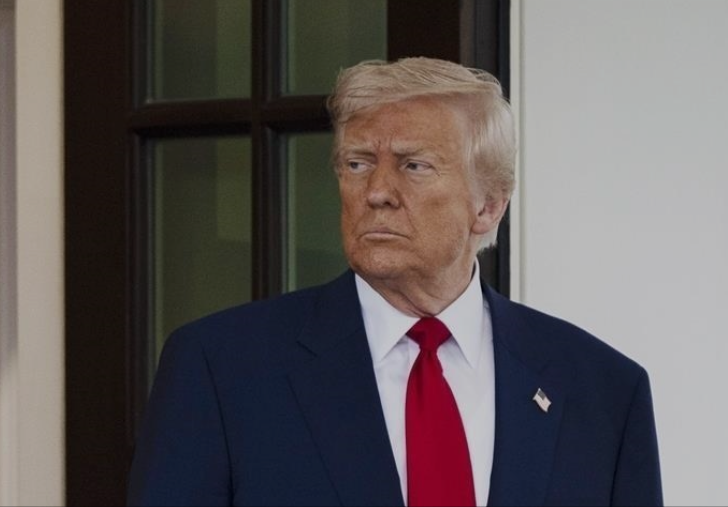In a sweeping and deeply troubling move, the Trump administration has gutted the leadership of the Justice Department’s Voting Section, signaling an aggressive and unprecedented rollback of civil rights protections at the federal level. This decision, made by political appointees within the Department of Justice (DOJ), represents not only an abandonment of the department’s mission to uphold voting rights, but also a direct attack on the foundational principles of American democracy.
According to a detailed investigation by The Guardian, every senior civil servant managing the DOJ’s Voting Section has been removed from their roles and reassigned—many to an internal office focused on handling employee grievances. This restructuring was carried out without explanation or consultation, and was accompanied by instructions for career attorneys to dismiss all active cases currently under their supervision, regardless of status or merit.
These directives are not merely administrative adjustments—they mark a decisive shift away from decades of precedent in civil rights enforcement, a shift that voting rights advocates warn could permanently weaken the federal government’s ability to protect free and fair elections.
A Systematic Effort to Cripple Voting Rights Oversight
“The upheaval and loss of experience will leave the division unable to enforce the nation’s civil rights laws,” said Omar Noureldin, Senior Vice President for Policy and Litigation at Common Cause. “This is not just bureaucratic reshuffling—it’s a systematic dismantling of America’s voting rights enforcement infrastructure.”
The Voting Section—housed within the DOJ’s Civil Rights Division—is responsible for upholding critical federal legislation including the Voting Rights Act of 1965, the National Voter Registration Act, the Civil Rights Act of 1964, and others designed to ensure fair and equal access to the ballot box. These laws are the cornerstone of voter protection in the United States, especially for historically marginalized communities.
And yet, under the leadership of newly confirmed Civil Rights Division chief Harmeet Dhillon—an attorney who played a direct role in former President Trump’s attempts to overturn the results of the 2020 election—these protections are being aggressively eroded. Dhillon, who has no background in civil rights litigation, was confirmed earlier this month in a party-line vote by the GOP-controlled Senate.
Since taking office, she has initiated sweeping internal changes that have prompted what insiders are calling an “exodus” of experienced attorneys. CNN reports that nearly 70% of staff in the Civil Rights Division are expected to take early exit offers, further draining the department of legal expertise and institutional memory.
Civil Rights Attorneys Sound the Alarm
Veteran legal professionals are sounding urgent warnings. Joyce Vance, a former U.S. Attorney for the Northern District of Alabama, wrote:
“When the career people—the experts at civil and criminal enforcement—are removed, there is no one left to protect us. If regular Americans think this administration will defend their rights, they are mistaken.”
Angelina Clapp, Advocacy Manager for Election Protection at Issue One, echoed these concerns:
“Our democracy is only strong when every eligible citizen can vote freely. These actions take us further from that ideal. Dismissing active cases sends a dangerous message—that civil rights violations will go unchallenged, and the rule of law is subject to political whim.”
Clapp warned that these moves are part of a broader pattern in Trump’s second term: a strategic dismantling of the institutions tasked with safeguarding American democracy. “All Americans will suffer as a result,” she added. “This strikes at the very fabric of our democracy—the idea that government exists to serve and protect its people.”
Dangerous Precedent and a Chilling Effect
Legal experts and civil society groups are increasingly concerned about the long-term consequences. Beyond the immediate damage to existing civil rights cases, this purge of leadership and talent could have a chilling effect on future investigations into voter suppression, gerrymandering, racial discrimination at the polls, and other forms of electoral injustice.
NBC News reports that internal memos from Dhillon outline a complete reversal of the department’s mission, signaling that enforcement of anti-discrimination laws in voting, housing, and employment will be deprioritized or abandoned altogether. One DOJ staffer who recently left the division said plainly:
“If regular Americans think this administration is going to protect their rights, they’re just wrong.”
Meanwhile, Attorney General Pam Bondi has reportedly extended the political purge beyond voting rights to the broader Civil Rights Division, removing experienced staff across departments in what appears to be a coordinated effort to remake the DOJ into a political instrument rather than a guardian of justice.
The Stakes for American Democracy
The Trump administration’s actions are not simply bureaucratic reshuffling—they represent an institutional assault on one of the most essential rights in a democracy: the right to vote. These changes weaken our national ability to respond to election-related abuses, especially those targeting vulnerable communities, and they further degrade public trust in the independence of the Department of Justice.
“Without experienced, principled attorneys enforcing these laws,” said Noureldin, “the Voting Rights Act becomes a law in name only. The people’s voice, already under threat, may soon be silenced further.”
At a time when Americans should be working to strengthen democratic institutions and increase participation in elections, these actions do the opposite—they retreat from accountability, reduce transparency, and reward discrimination by removing its consequences.
Now more than ever, the American public must remain vigilant. Democracy does not simply protect itself. It requires leaders—and citizens—who are willing to fight for it.



